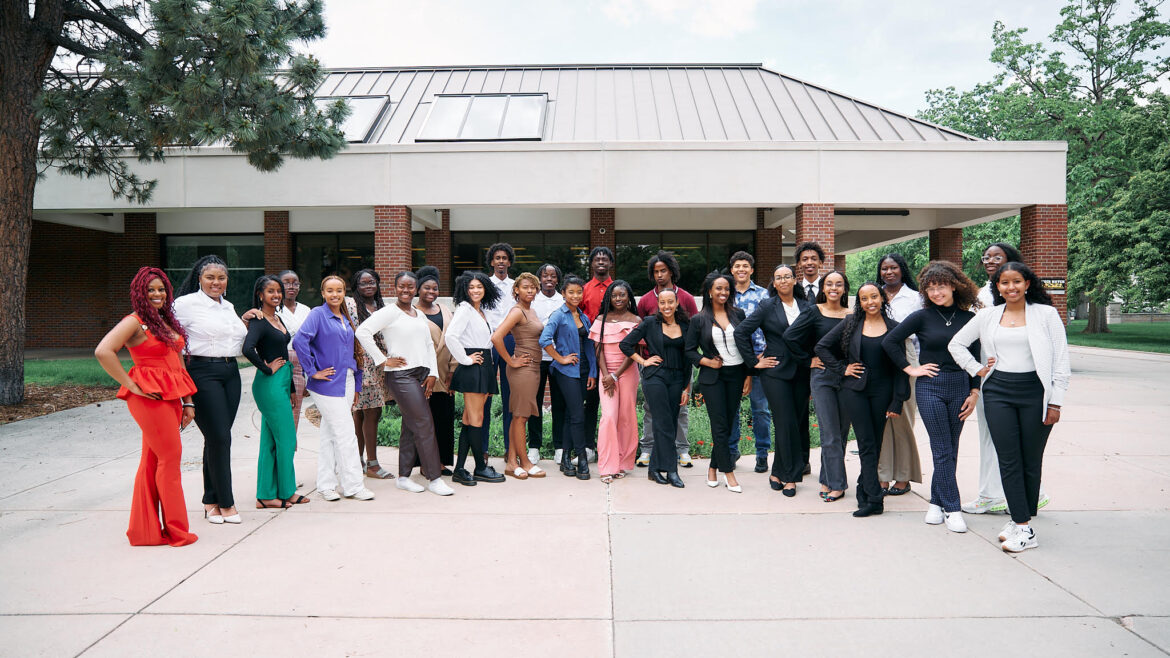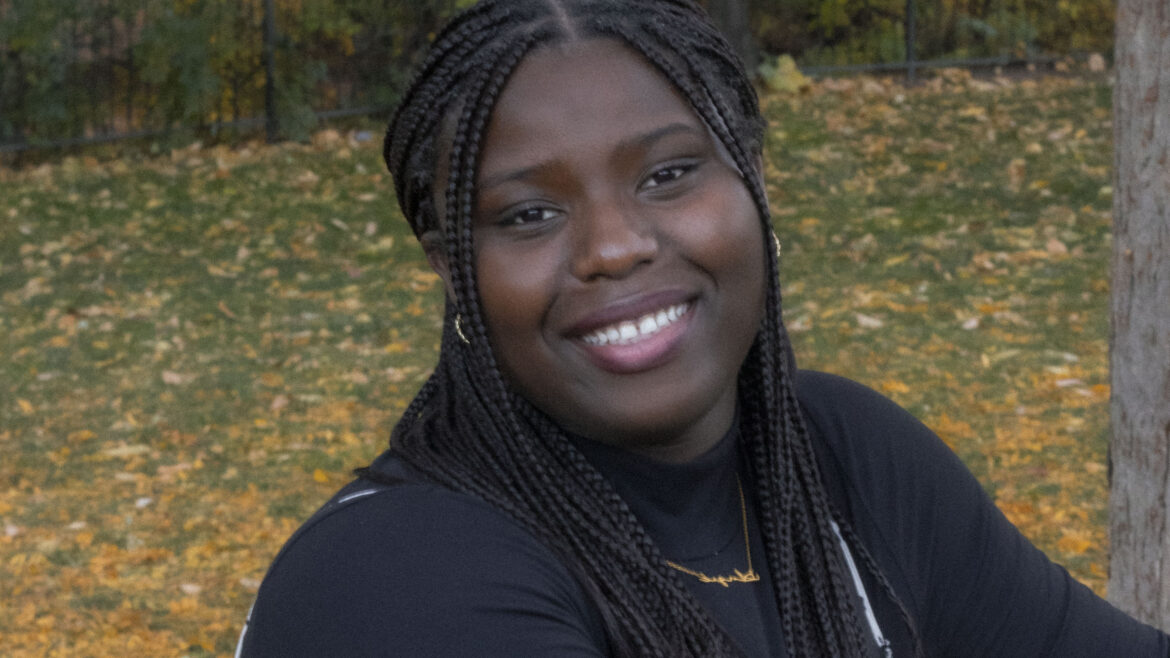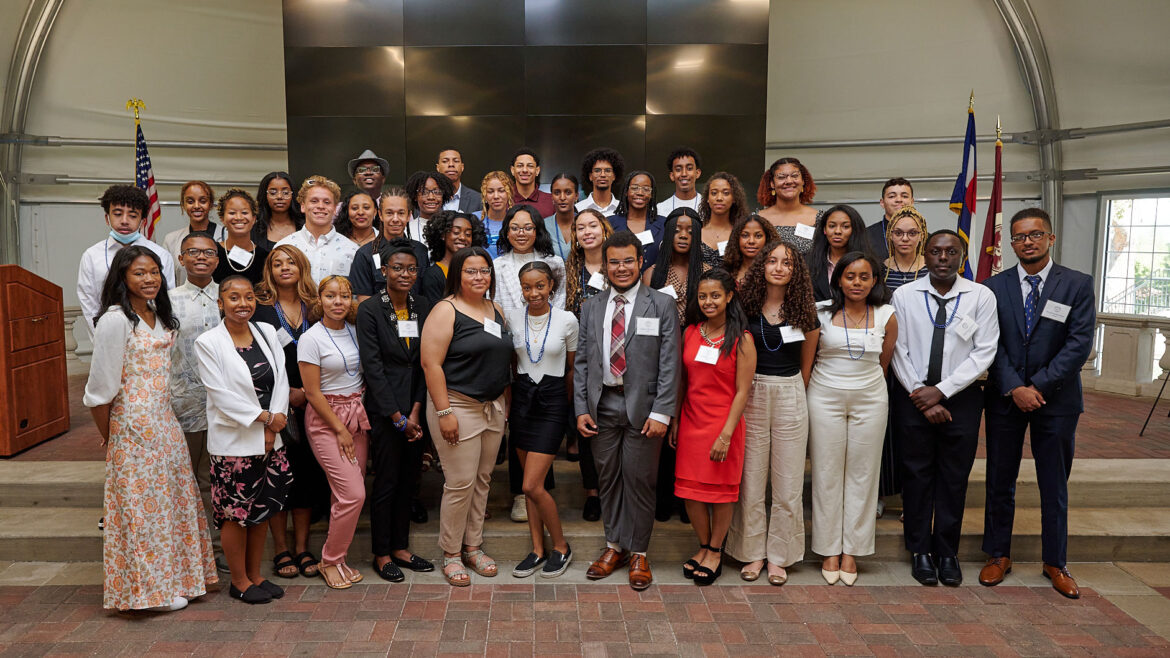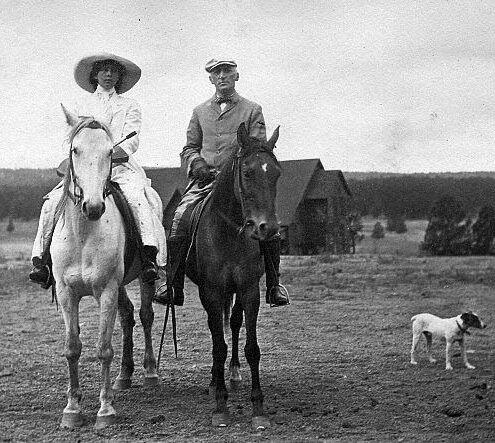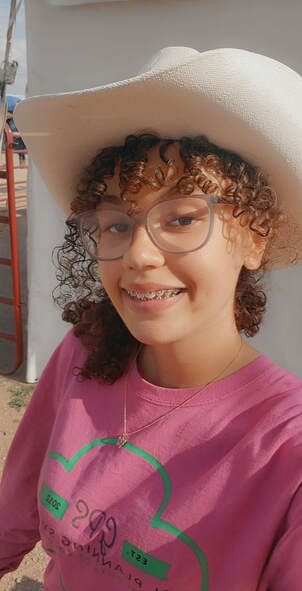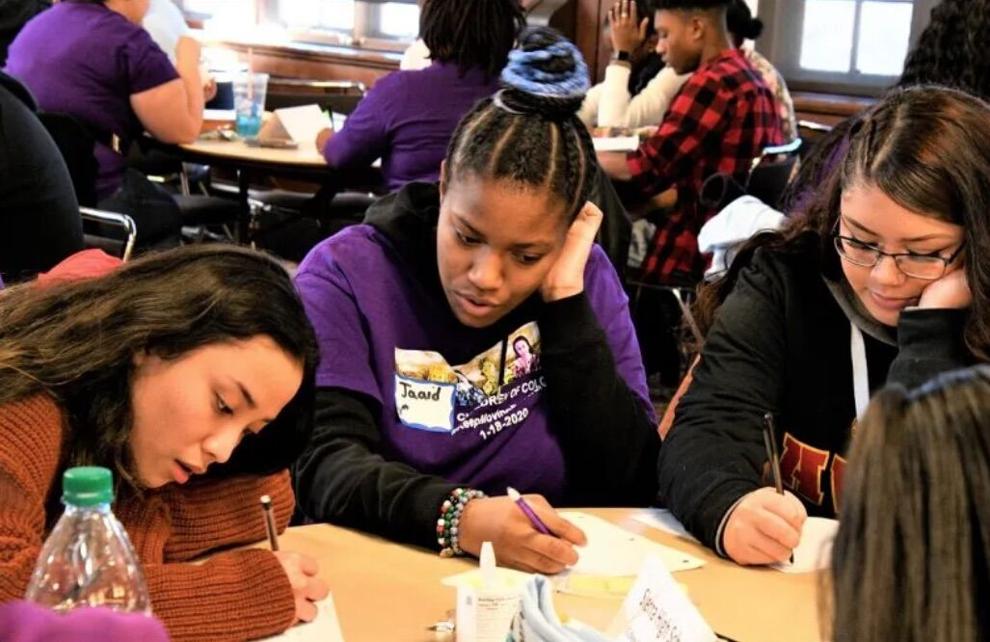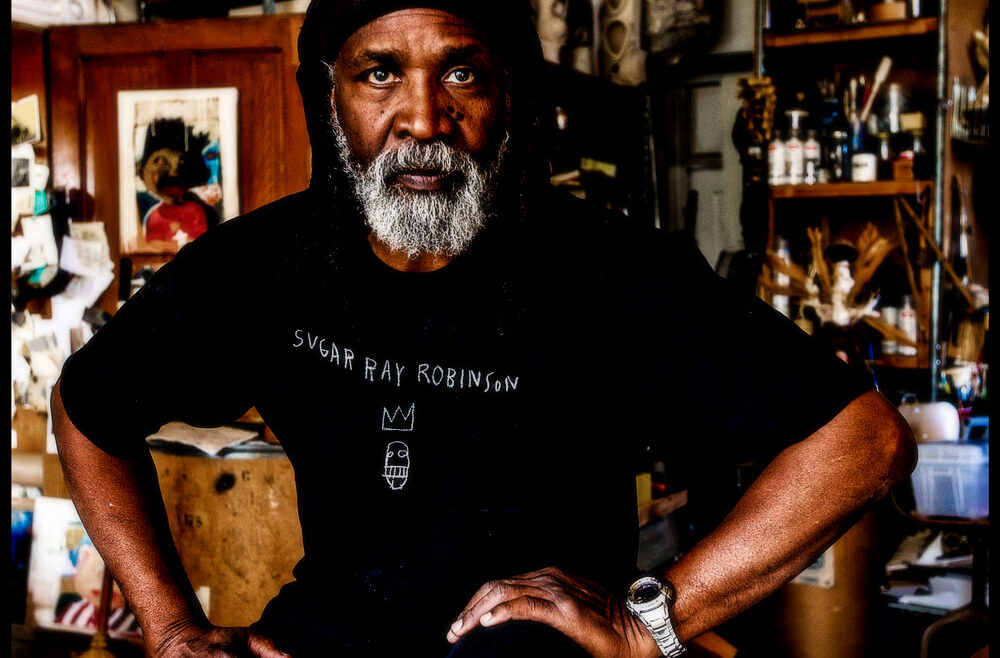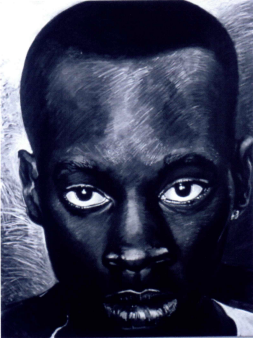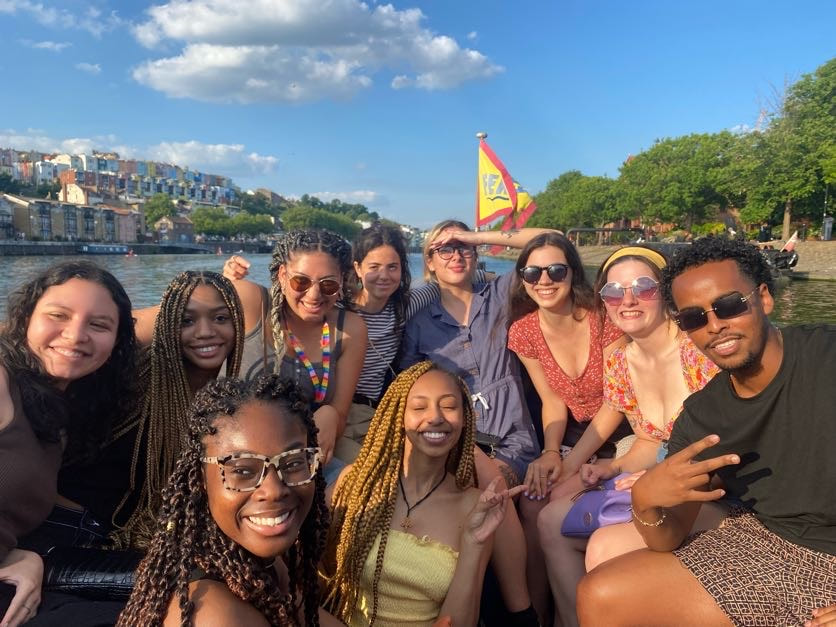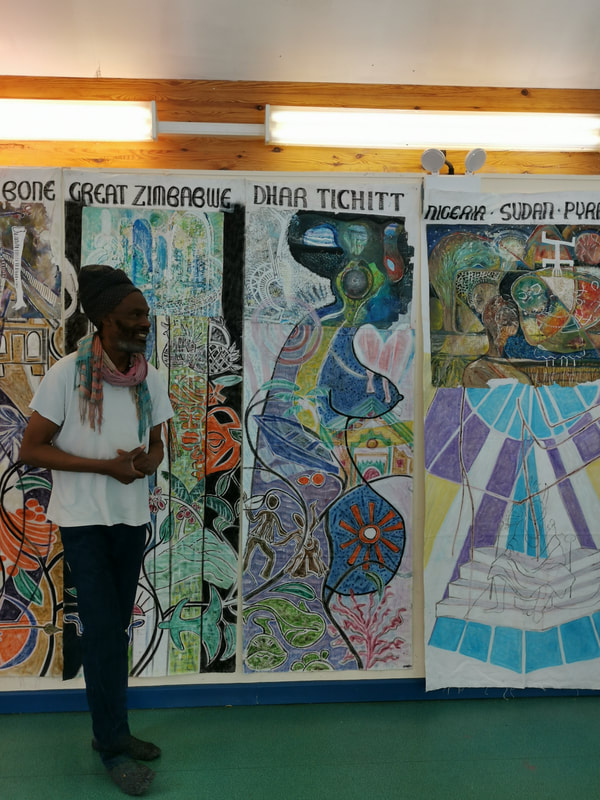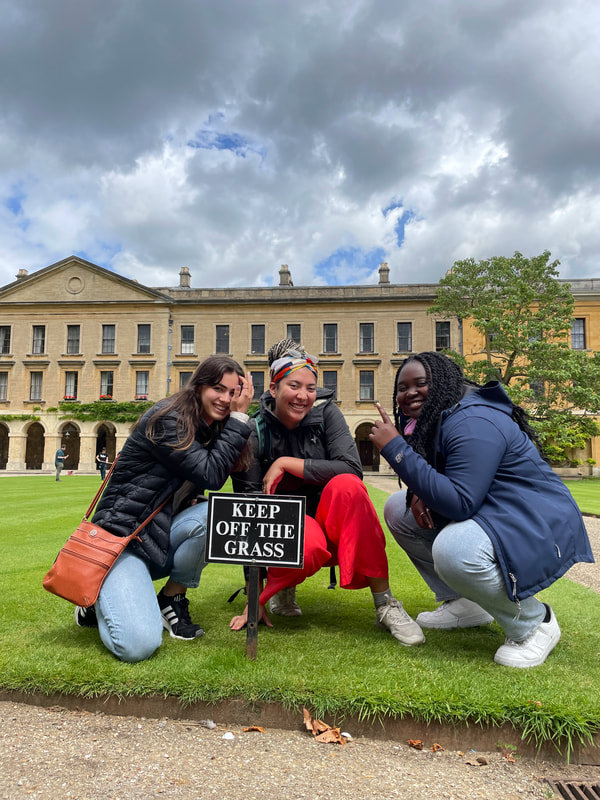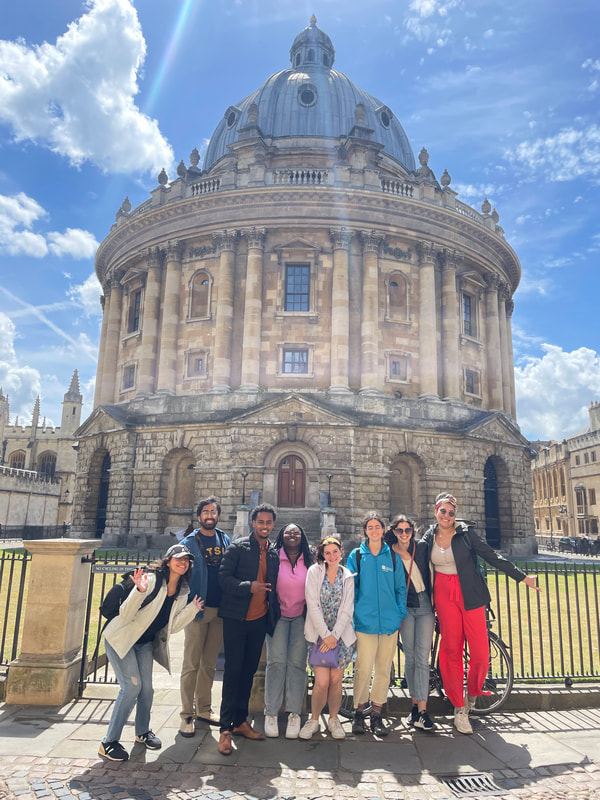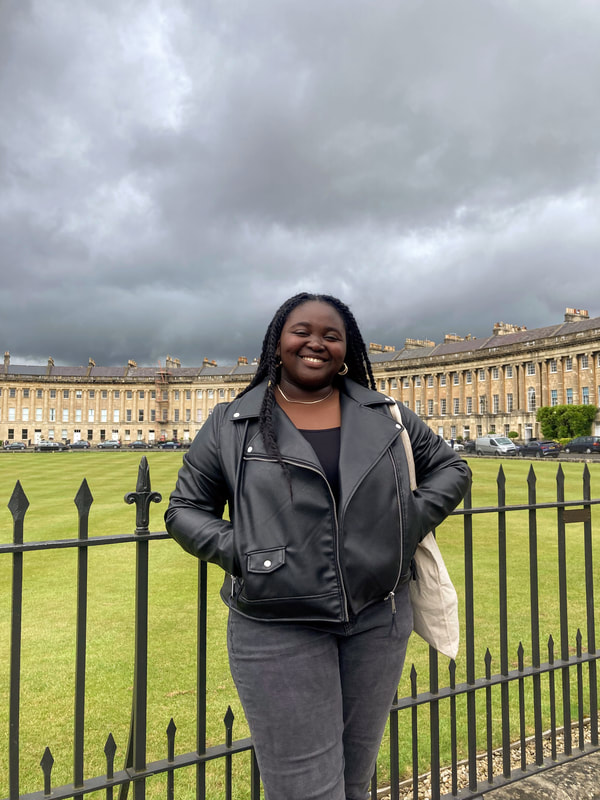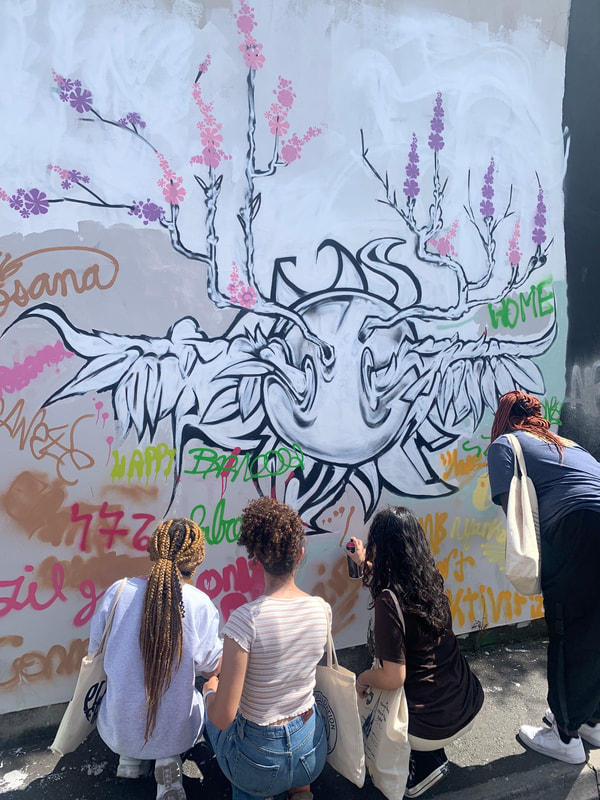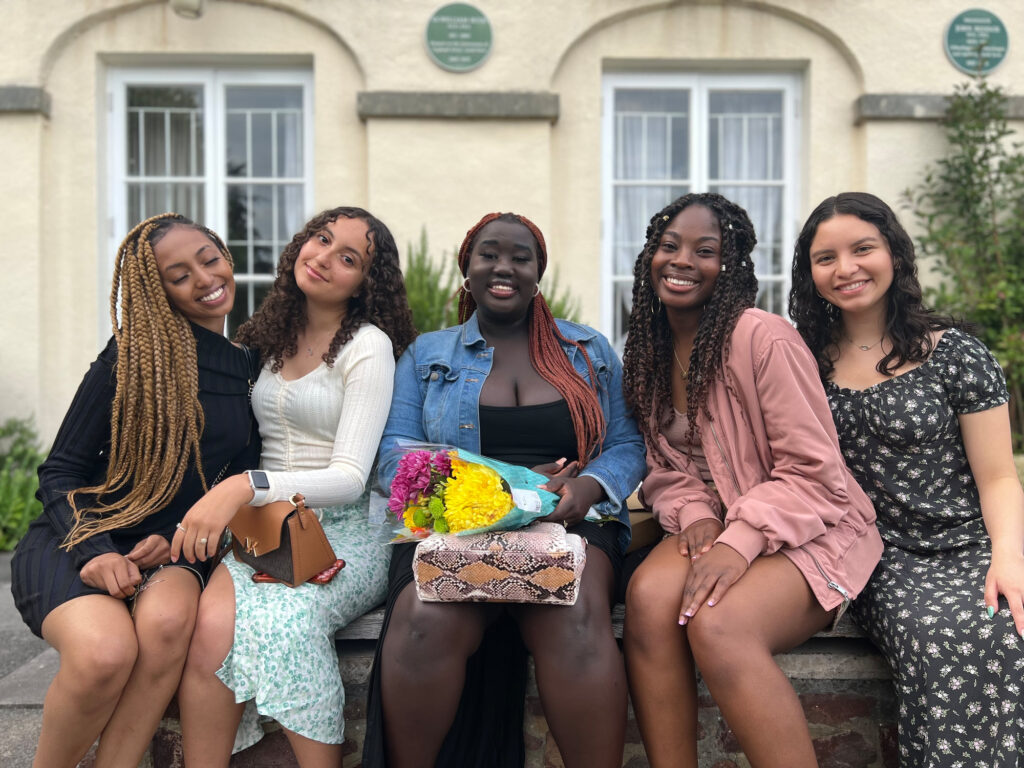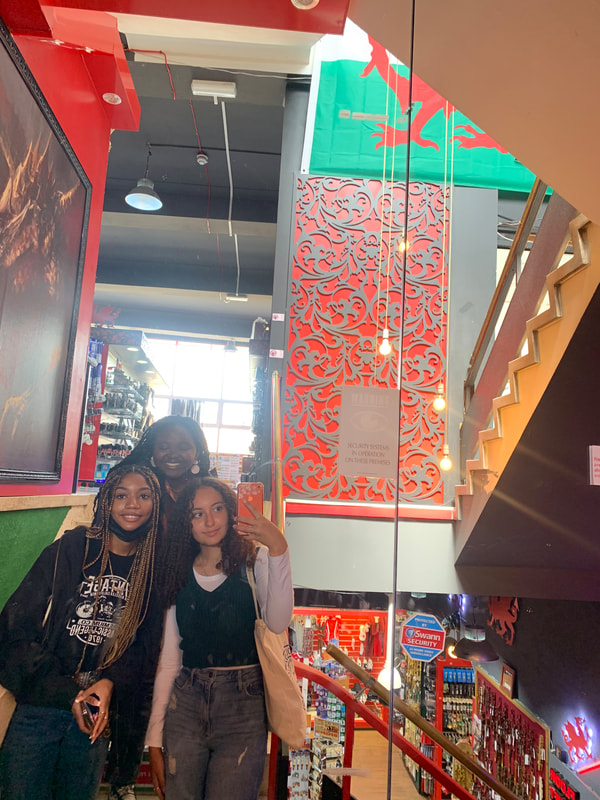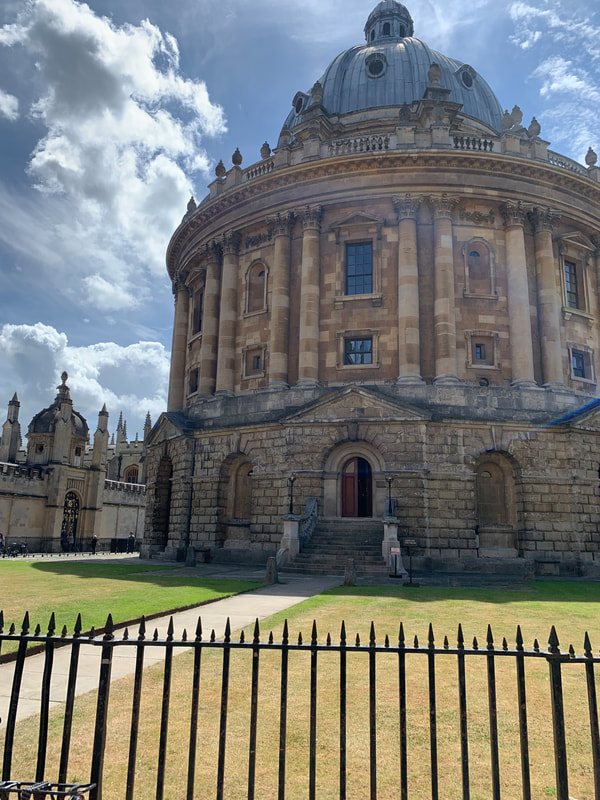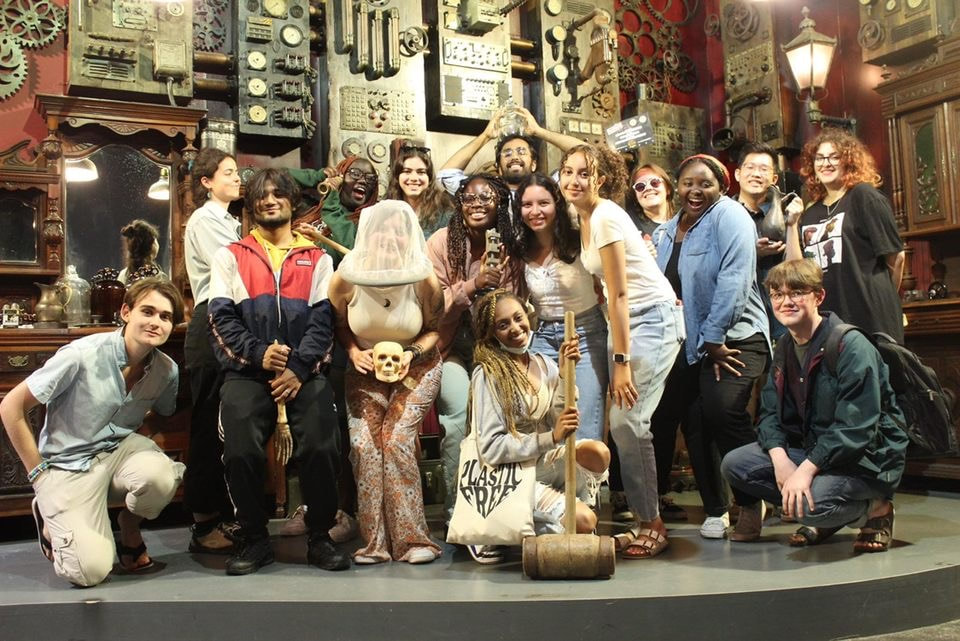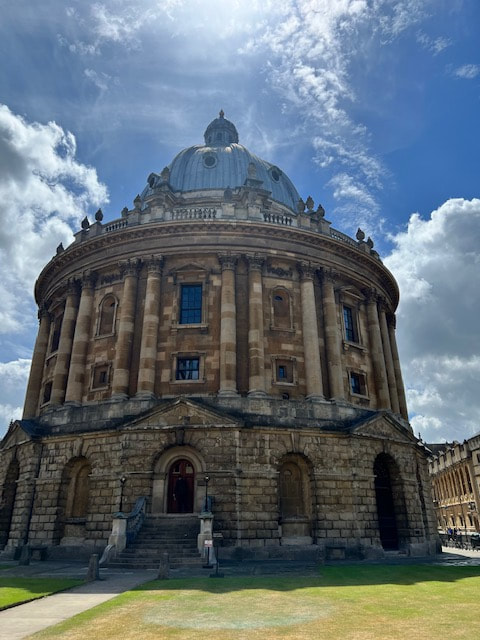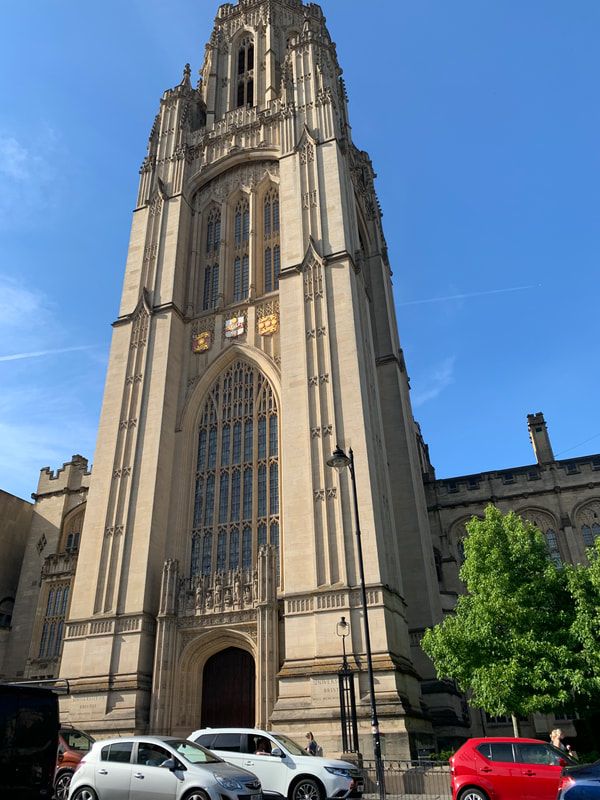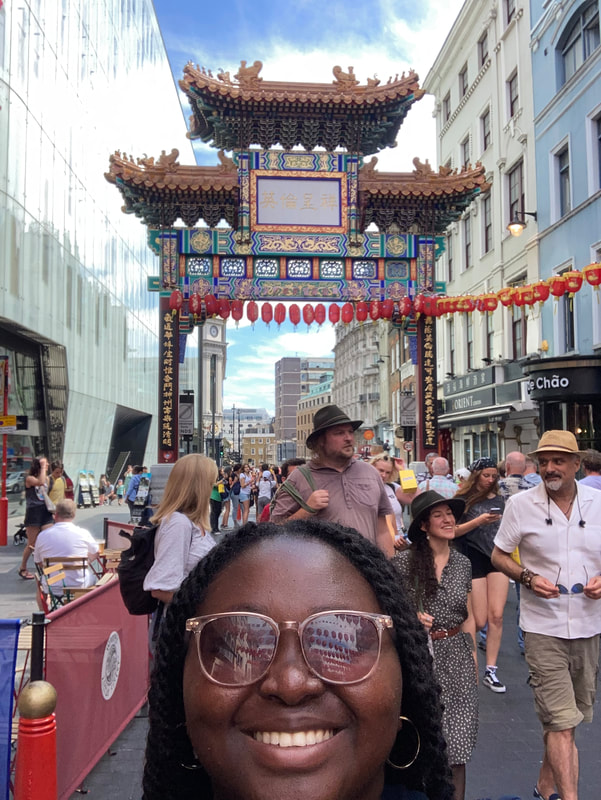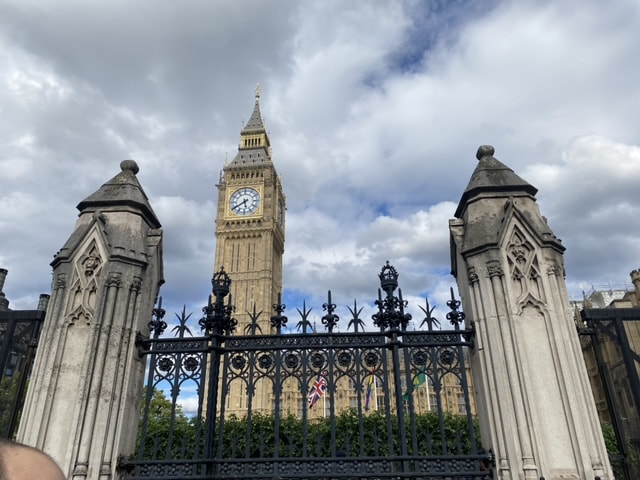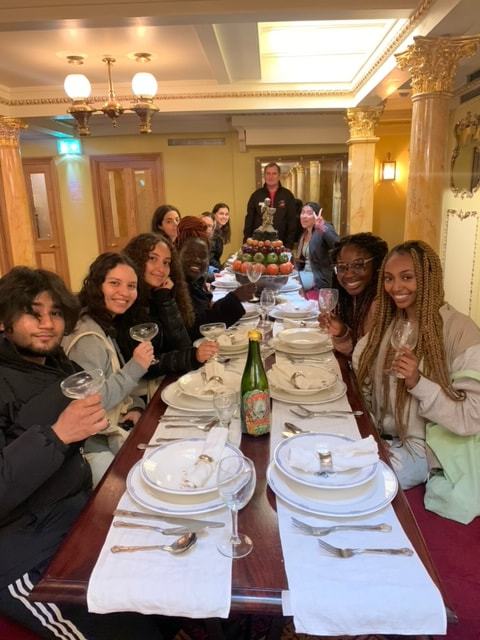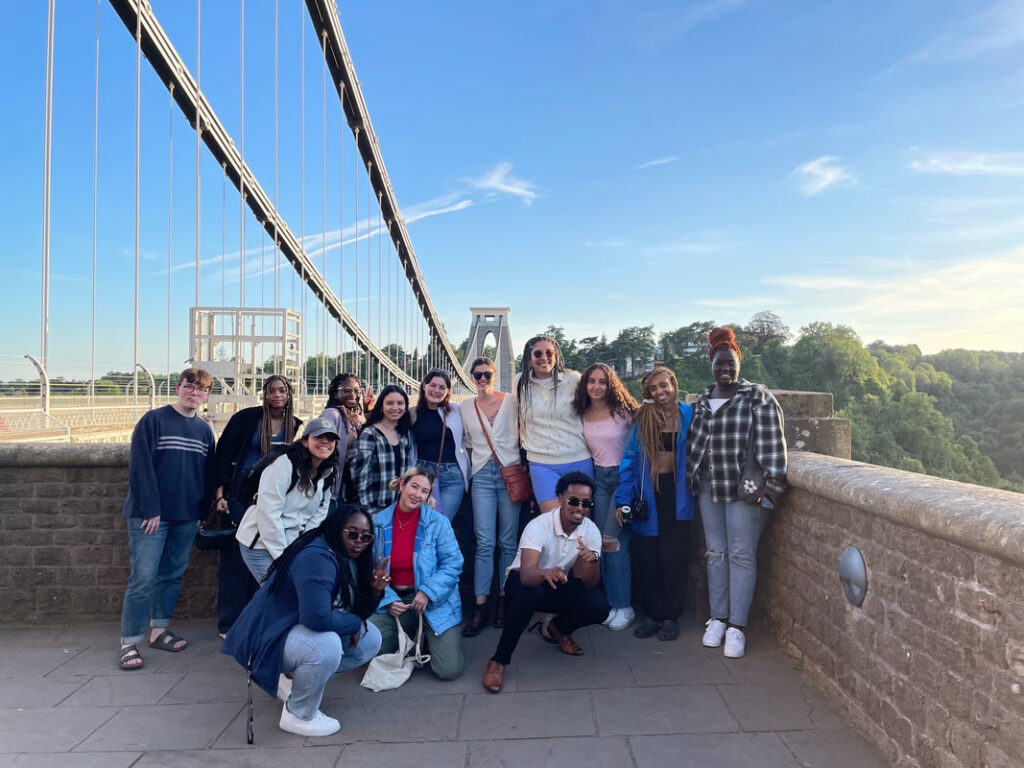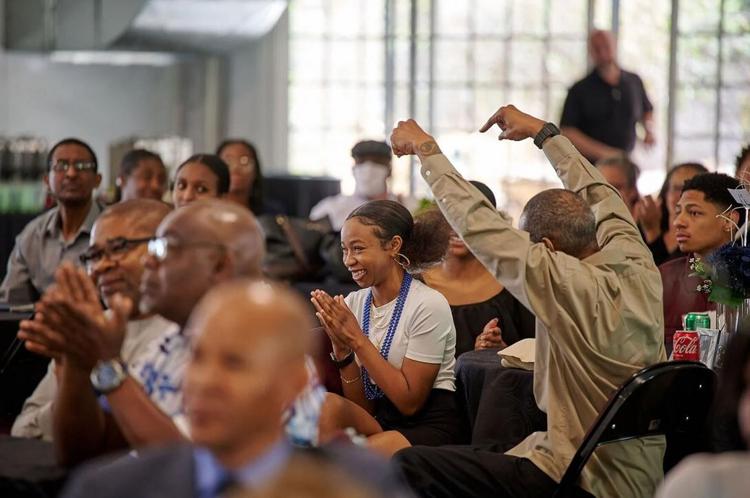Sachs Foundation Bridges Educational Opportunity Gap for Black Students with Over $1.5 Million in Scholarships Awarded
The Colorado-based Foundation Celebrates Black Student Achievements Over the Past Year; The Need to Help Black Americans Dismantle Systemic Barriers to Educational Equity Remains Acute
COLORADO SPRINGS, Colo., June 13, 2023 /PRNewswire/ — The Sachs Foundation, an organization that has supported Black Coloradans since 1931, today announced it has awarded more than $1.5 million in scholarships to high-achieving Black students over the past year. Scholars were recognized in the foundation’s Scholar Awards and Celebration event this past weekend, with many set to pursue undergraduate and graduate degrees from Colorado, out-of-state and top-tier educational institutions nationwide.
The new class of Sachs scholars’ academic achievements are cause for celebration at a time when racial equity programs are being rolled back nationwide despite research consistently highlighting the unique barriers that Black students face when pursuing higher-educational opportunities. A recent joint study by the Lumina Foundation and Gallup found Black student enrollment and college completion have declined precipitously over the past decade, with high costs and discrimination largely accounting for the persistent college opportunity gap.
Decades ago, the Sachs Foundation was created to help close the opportunity gap for Black Coloradans, and the organization’s mission remains just as vital today as it was over 90 years ago. This year’s 46 scholarship recipients will study at renowned institutions like Stanford University, Yale University, Cornell University, the University of Chicago and Johns Hopkins University as well as at prestigious historically Black colleges and universities (HBCUs) like Howard University and Spelman College. Many 2023 scholarship recipients plan to stay closer to home, pursuing degrees at colleges and universities across Colorado.
“Our Sachs Foundation scholars are incredibly accomplished, not only academically, but in the positive contributions they make to their communities,” said Ben Ralston, President of the Sachs Foundation. “We’re proud to support these outstanding Coloradans in their studies, and to advocate for Black students across the country, who due to lingering systemic inequity, have the lowest six-year college completion rate of any racial or ethnic group, and still trail white counterparts in degree attainment by 12 percent.”
The Sachs Foundation goes beyond supporting scholars during their undergraduate careers. This year’s awards include over $300k for scholars to pursue graduate degrees in areas of study such as law, medicine, policy and business administration, thrusting them into leadership roles in prestigious careers – places where Black professionals are historically marginalized and underrepresented.
“On average, Black college graduates leave campus with $25k more in student debt and earn on average 15 percent less than their white peers,” Ralston said. “We’ve seen this gap persist across generations, with the problem not just limited to Colorado students. We need more organizations and resources across the country who are committed to educational equity.”
Since Pikes Peak resident Henry Sachs created the foundation in 1931, the organization has given more than $45 million to support educational and community programs that benefit Black Coloradans, including over 3,200 scholarships. Sachs was inspired to launch the foundation by his friendship with the Stroud family, whose personal experience with racial discrimination gave Sachs insight into the challenges Black Americans face. Colorado Springs High School student, Dolphus Stroud, received the first Sachs Foundation scholarship.
Black Colorado residents can submit applications for a Sachs Foundation scholarship each year from January 1 to March 15, and the foundation encourages eligible students and their families to apply at www.sachsfoundation.org/#scholarships. Scholarships are awarded based on academic merit, financial need and character. Learn more about ways to support the foundation’s work through donations or partnerships at www.sachsfoundation.org/donate.
About the Sachs Foundation
Founded by Pikes Peak resident Henry Sachs in 1931, the Sachs Foundation provides programming designed to help Black Coloradans overcome systemic inequity and reach their full potential. Over the decades, the Foundation has helped thousands of talented Black students pursue undergraduate and graduate degrees at universities throughout the United States, supported Black youth through mentoring programs and developed recruitment and retention programs to place more Black educators in Colorado classrooms. Learn more about the Sachs Foundation, student success stories and how to apply for scholarship grants at www.sachsfoundation.org.
CONTACT: sachs@nextpr.com
SOURCE Sachs Foundation


